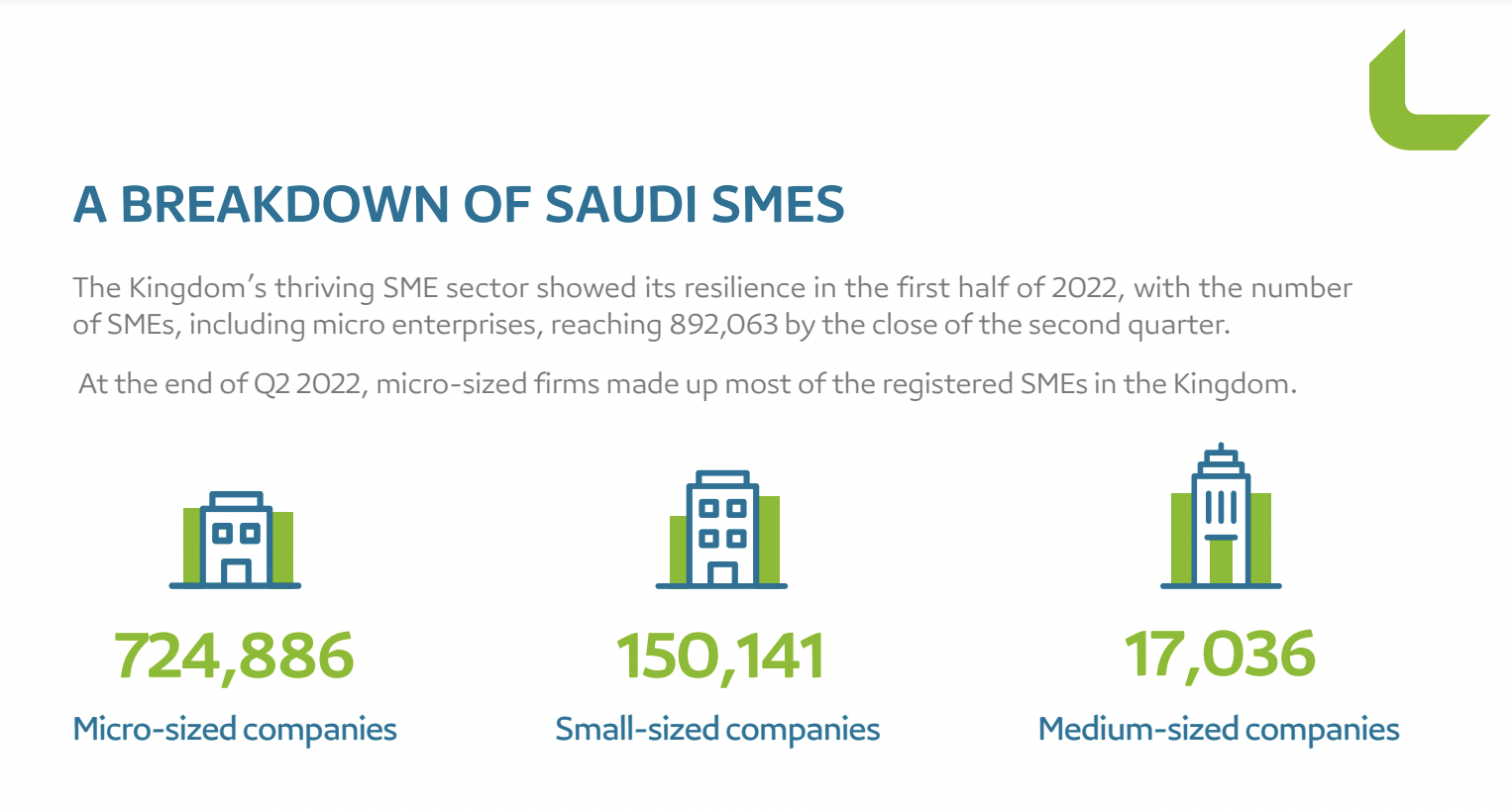
The announcement aligns with Saudi Arabia's broader efforts to reduce dependency on oil revenues and bolster non-oil sectors. The focus on SMEs reflects a strategic shift aimed at fostering innovation, enhancing competitiveness, and creating job opportunities across various industries. This initiative is part of a larger economic overhaul designed to transform Saudi Arabia into a global investment hub.
Saudi SMEs are integral to the industrial and mining landscapes, contributing not only to economic growth but also to the advancement of local technology and expertise. These enterprises are engaged in a wide range of activities from manufacturing and processing to mining and supply chain operations. The concentration of SMEs in these sectors highlights their role as catalysts for development, offering substantial benefits in terms of job creation, regional development, and innovation.
The government’s support for SMEs includes various incentives and reforms intended to streamline business processes, provide financial assistance, and reduce bureaucratic obstacles. Recent policy adjustments have been aimed at simplifying regulations, facilitating access to funding, and improving the overall business environment. These measures are designed to enhance the capabilities of SMEs, enabling them to scale operations, adopt advanced technologies, and compete in international markets.
One of the key initiatives is the establishment of dedicated economic zones and business incubators designed specifically for SMEs. These zones provide state-of-the-art infrastructure, reduced operational costs, and access to a network of business services. They serve as a breeding ground for innovation and collaboration, fostering a dynamic entrepreneurial ecosystem.
In addition to government support, Saudi SMEs benefit from various industry partnerships and collaborative projects. These partnerships often involve large corporations and multinational companies, which provide mentorship, technology transfer, and market access. Such collaborations are essential for SMEs to integrate into global supply chains and enhance their technological capabilities.
The focus on SMEs is also reflected in the broader economic and industrial strategies outlined in Saudi Arabia’s Vision 2030. This ambitious plan aims to diversify the economy, reduce reliance on oil, and develop a vibrant private sector. The emphasis on SMEs is crucial to achieving these goals, as these businesses represent a significant portion of the industrial output and economic activity.
Moreover, the prominence of SMEs in the industrial sector is indicative of a broader trend across the Gulf Cooperation Council (GCC) countries. Other nations in the region are also recognizing the importance of SMEs in driving economic growth and diversifying their economies. As a result, there is a growing emphasis on creating supportive environments for SMEs and encouraging their participation in key economic sectors.
Despite the optimistic outlook, challenges remain for SMEs in Saudi Arabia. Issues such as access to finance, regulatory hurdles, and market competition continue to pose significant obstacles. Addressing these challenges requires ongoing reforms and targeted support to ensure that SMEs can thrive and continue to contribute to the kingdom's economic development.
Topics
Saudi Arabia
